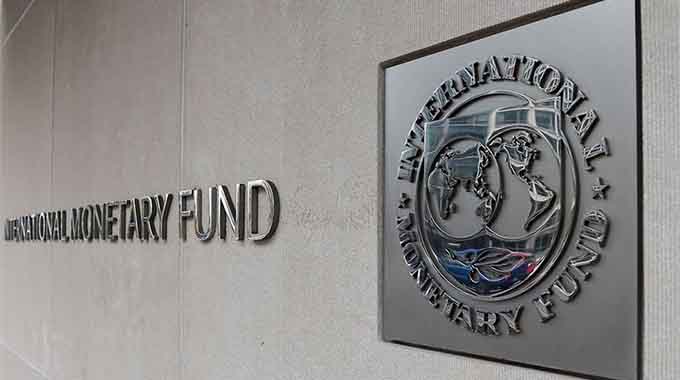Farmers to draw US$15m from Opec fund

Zvamaida Murwira
Senior Reporter
More than 13 000 smallholder farmers from five provinces are set to benefit from a US$15 million facility under a Smallholder Agriculture Cluster Project whose objective is to ensure increased agricultural production, as part of efforts by the Second Republic to achieve Vision 2030.
The project’s goal is to realise increased household incomes and improved nutrition through sustainable transformation of the smallholder farming sector, while ensuring equitable smallholder participation in market-oriented and climate smart value chains.
The National Assembly has since ratified the US$15 million loan agreement between the Government and OPEC Fund for International Development (OFID) after it was signed last year for part financing of the small holder agriculture cluster project.
Finance and Economic Development Deputy Minister Clement Chiduwa tabled the agreement for approval in the National Assembly last week, saying it had a tenure of 20 years inclusive of a five-year grace period and will attract a service charge of one percent per annum in terms of the Constitution.
The project will be implemented in Mashonaland Central, Mashonaland East, Mashonaland West, Midlands and Matabeleland North provinces.
Deputy Minister Chiduwa said the National Development Strategy 1 (NDS1) running from 2021 to 2030 prioritises the recovery of the agricultural sector which is key to the country’s economic growth.
“The Smallholder Agriculture Cluster Project is targeted at increasing agricultural production, productivity, especially by smallholder farmers, which enhances food and nutrition security, income, increase opportunities for value addition and the development of agro-business value chains,” said Deputy Minister Chiduwa.
“The project shall benefit poor smallholder farmers participating in value chains selected through a stakeholder consultative process and calls for expression of interest to value chain led enterprises.
“The project’s goal is to realise increased household incomes and improved nutrition through sustainable transformation of the smallholder farming sector while the development objective is to increase equitable smallholder participation in market-oriented and climate smart value chains.
“It will transform smallholder agriculture and increase productivity and rural incomes by adopting effective production and marketing strategies including organising targeted wards into clusters to allow for effective aggregation and economies of scale in smallholder based value chain development. It also allows for the establishment of coercive agriculture producer groups and associations.”
Deputy Minister Chiduwa said it will also allow for connecting smallholder farmers to profitable value chains, markets and financial services.
“It also allows for the developing of small holder capacity in climate production systems, marketing and business skills and also the revitalisation of production and market access infrastructure,” he said.
“Additionally, the SACP is designed to support efforts to create a conducive policy and institutional environment for private sector-led small holder agriculture transformation.
“The project will achieve through the implementation of the following components, inclusive value chain development, climate-proofed value chain infrastructure, policy and institutional support and project coordination.”
The loan will be utilised for transformation of the smallholder farming sector through value chain investments by smallholders and agri-businesses.
“Commercialisation of smallholder agriculture in key urban and rural agricultural production and food trading corridors as well as infrastructure development which includes climate proofed irrigation systems, rehabilitation of feeder roads and multi-purpose community water supply and the creation of a conducive policy and institutional environment for smallholder agriculture transformation,” said Deputy Minister Chiduwa.
Some of the projects include improved access to water and road networks in the targeted areas through infrastructure development, employment opportunities to 15 240 non-members of agriculture producer groups and 13 000 agriculture producer group members, provision of technical services to the agriculture producer groups and agribusinesses for upgraded production capacity and integration into the value chains.
Other benefits include promotion of the participation of women-led micro enterprises and value chain agribusinesses and facilitation of access to financial services and agri-businesses.










Comments